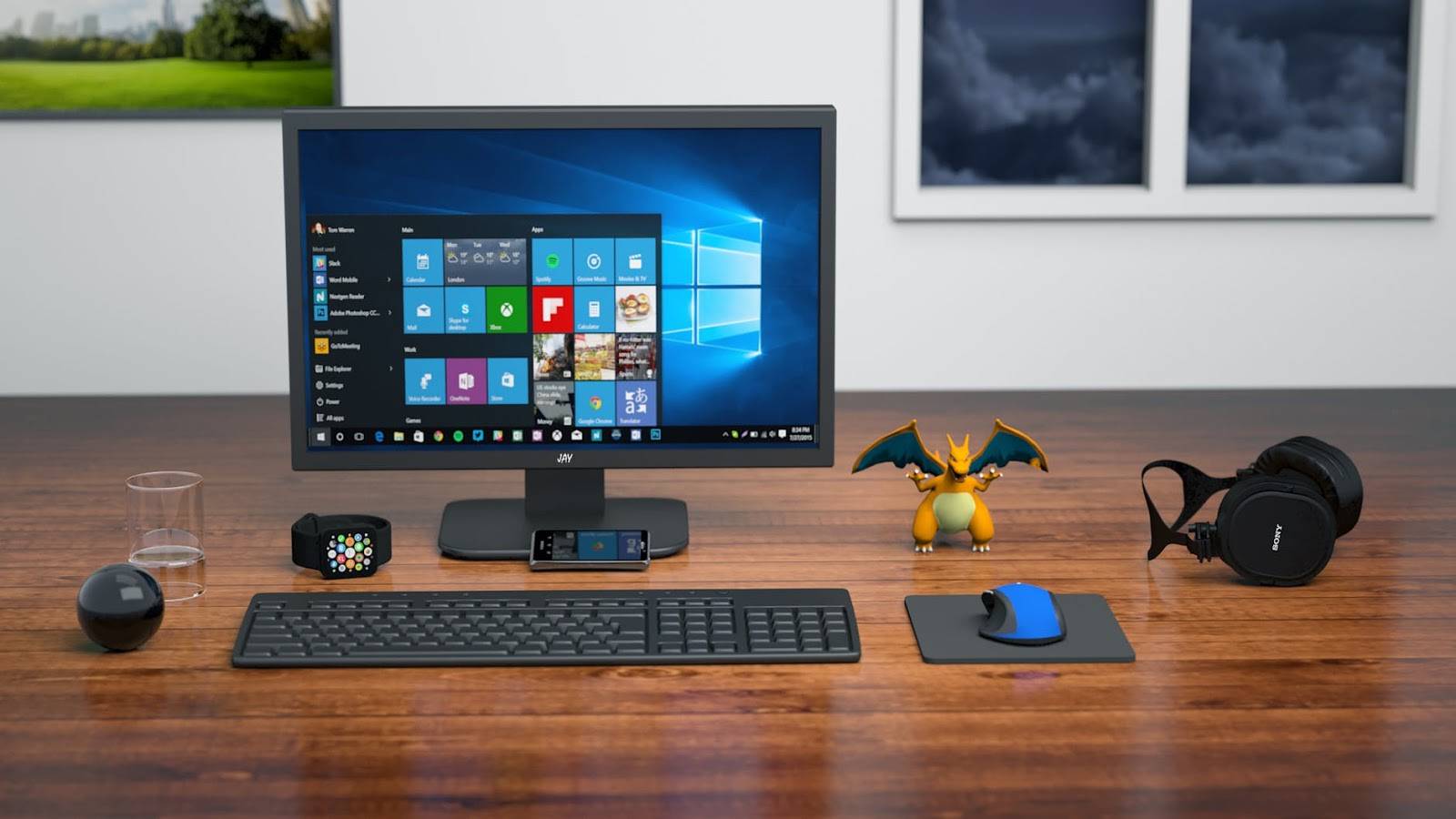How do you spot fake online reviews?
Online reviews can be a great tool to help find a hotel for your next trip, a reputable handy man or the best coffeemaker around. On our last trip to San Francisco, we ate our way from one delicious restaurant to the next, all with the assistance of kindly Yelp reviewers. Unfortunately, there are some companies who post fake online product or service reviews, hoping to get your business. Here’s how to know if you’re reading a real review or a fabricated one. One way that companies artificially increase their positive reviews is called “astroturfing.” Here’s how it works: a retailer or manufacturer wants to increase sales of a particular product. You purchase their product. When it comes in the mail, your item is accompanied by a letter informing you that if you write an online review you’ll receive a discount or even a reimbursement for your trouble. Suddenly said product is teaming with 4- and 5-star reviews, and it’s flying off the shelves. Some call it scam, others call it “incentive.”
The lure of writing a fake review is tremendous for restaurants and businesses, too. One Harvard Business School study found that restaurants who increased their Yelp ranking by one star raised their revenues by up to 9 percent. The fake review business has become organized. Last month, the New York Times broke the story of a year-long sting operation in New York City that found 19 “reputation-management” companies at fault for creating fake online reviews, and fined them and the clients paying for their services. These clients included businesses such as a charter bus operator, dentists and lawyers.
Negative reviews can be just as bogus. Imagine a burgeoning company, struggling to make its way with a new product. One disgruntled former employee or a competitor looking for a leg up can write a nasty review (or a few of them) and easily drag the star rating down of the newer product if it does not yet have a lot of legitimate reviews to counter-balance. Look for sites that “vet” reviewers. Amazon and Yelp, for example, take efforts to remove fake reviews. Amazon cross-references the user with the buying database and labels “verified purchasers” of the merchandise. Both sites identify users with a “top reviewer” label if they’ve reviewed many products or locations and let you link to the person’s other reviews.
Have a question about an online review? our nerds are super-sleuths
Consider length and tone. People looking to “bump up” or “bump down” a rating will likely leave a short review – maybe four or five lines. Vague reviews can also be a red flag. People with a legitimate gripe with or praise for a product will have specific details about what they like and don’t like about a product’s performance. Most trustworthy reviews are more moderate with their praise, and don’t swing to emotional extremes.
Beware of back-to-back reviews. Especially for products new to the market, you should be suspect of several reviews posted within a short time of each other, especially if there are long stretches of no reviews before or after. Read through for similar language used by “different” reviewers. This can be a sign of reviews that were posted by a review-posting company or the company itself.
Use common sense. A product that has only 4- and 5-star reviews should raise a red flag. Regardless of how awesome a product is, there will always be some 1- or 2-star reviews.
Examine reviews for bias and “reasonableness.” I once read a review of a bar where the reviewer, visiting on Saint Patrick’s Day, gave them 1 star for slow service. Really? You experienced slow service one of the busiest days of the year? You don’t say. I’m not suggesting her review was illegitimate, but I certainly didn’t base my decision to eat there upon it.
Provide your own feedback. Most ratings systems allow you to answer the question “Was this review helpful to you?” with a “Yes” or “No.” Give your responses liberally. Even if you don’t agree with the reviewer, click “yes” if it influenced your decision and/or you feel that the review was thoughtfully written. The same goes for reviews you suspect are false. If the fake reviewers get called out enough, hopefully other users will see their lowered credibility and know to disregard them.
Find more signs of fake reviews at this New York Times Infographic

About The Author: Andrea Eldridge is CEO and co-founder of Nerds On Call, a computer repair company that specializes in on-site and online service for homes and businesses. Andrea is the writer of a weekly column, Nerd Chick Adventures in The Record Searchlight. She prepares TV segments for and appears regularly on CBS, CW and FOX on shows such as Good Day Sacramento, More Good Day Portland, and CBS 13 News, offering viewers technology and lifestyle tips. See Andrea in action at callnerds.com/andrea/.






